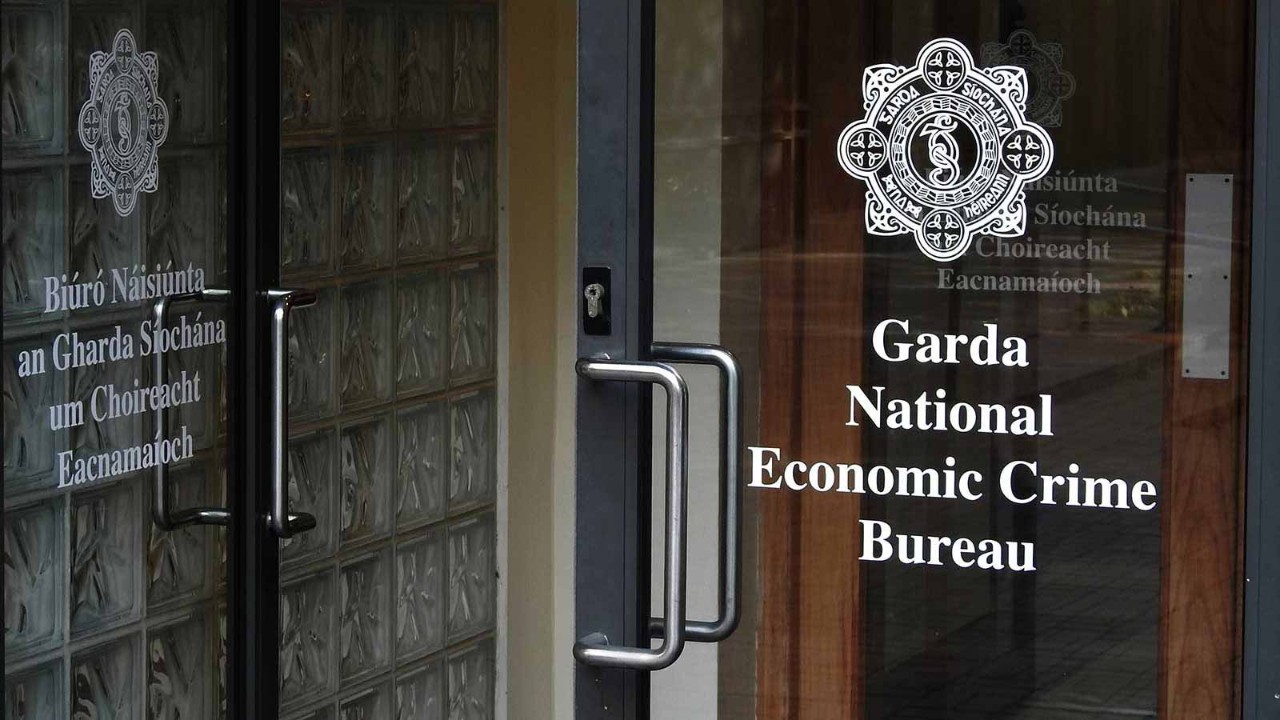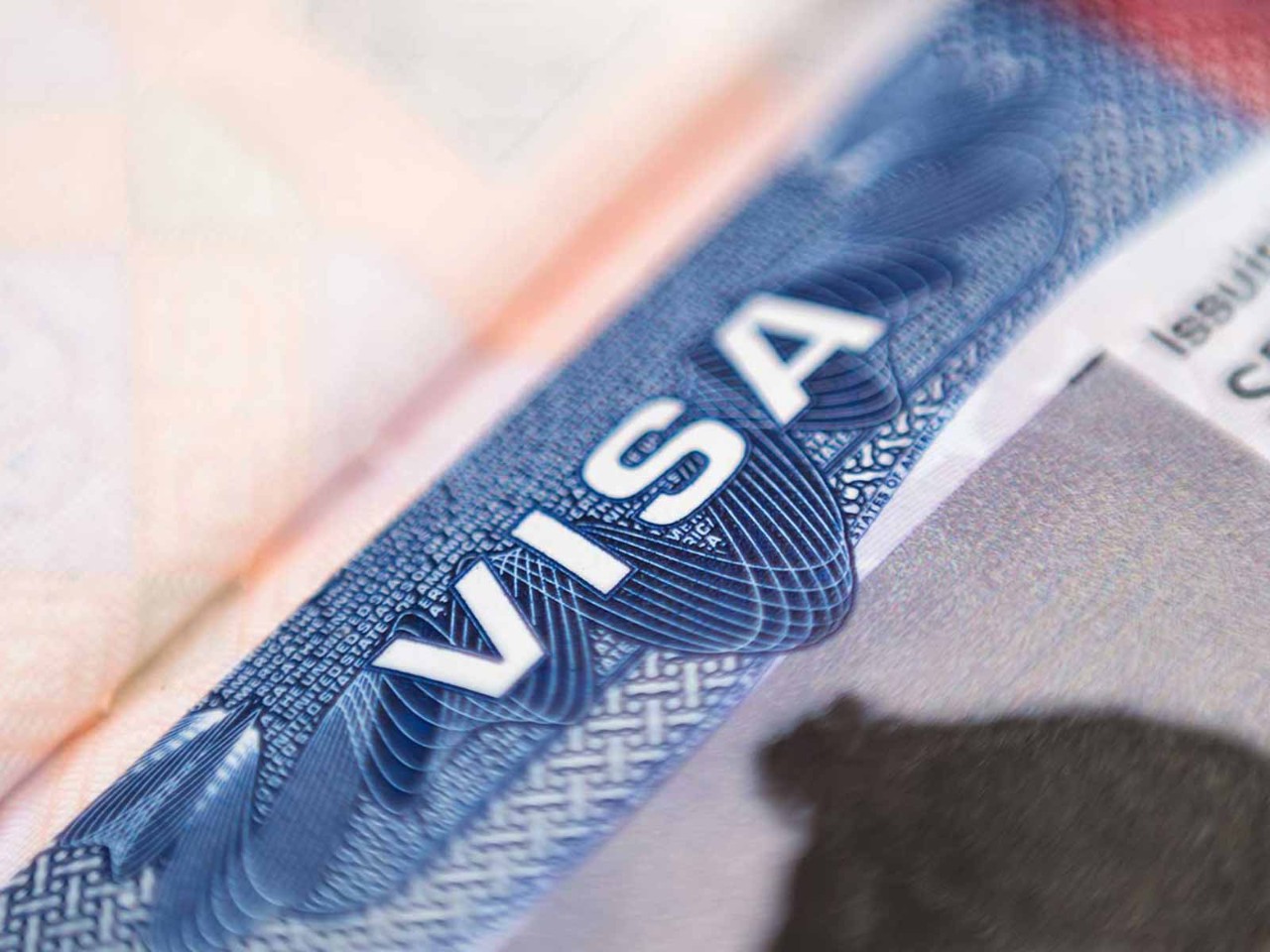
Ireland was undoubtedly a simpler place when the Garda National Economic Crime Bureau (GNECB) was set up in 1995. Since then, a string of developments, including the emergence of the internet, the creation of the EU Single Market and the dramatic uplift in prosperity levels, have served to underline the bureau’s significance.
In 2005, white-collar crime was said to be costing Irish businesses €2bn a year. By 2020, Grant Thornton put the cost to Irish businesses of cybercrime alone at €9.6bn.
‘Economic crimes are not victimless crimes; it can be about someone’s life savings and their personal dignity’
The GNECB has also been the driving force behind recent work in educating the public on online fraud, including initiatives such as Fraud Awareness Week and the Romance Fraud Awareness campaign run around Valentine’s Day. ‘Economic crimes are not victimless crimes; it can be about someone’s life savings and their personal dignity,’ says Tadhg Twomey FCCA, a forensic accountant who joined the GNECB in 2017.
Economic crime trends
Accountants should take note of the following trends:
Trafficking in human beings
- Significant cash lodgements from different parts of the country
- Significant mobile phone top-ups and property rental payments
- Lower-than-expected employee labour costs
Investment fraud
- No separation of client and business funds
- Too-good-to-be-true investment returns
- Small payments back to clients (5%-10%) within a few weeks of the investment
Trade-based money laundering
- Funds being ‘pooled’ in business accounts and transferred to accounts abroad to purchase goods that are then shipped to their final destination
Emerging challenges
- Cryptocurrency and blockchain: it is important to understand what product in this area your client is providing
- Virtual IBANs: If you or your client provide these, there is a risk of abuse for fraud and money laundering. AML structures around the provision of these products needs to be tight
Source: GNECB
‘One of the most satisfying parts of this work is to be able to return money to people who have been defrauded,’ says Twomey’s colleague, Detective Sergeant Stephen Coleman. ‘It can take time and it may not always be the full amount, but people are incredibly appreciative when we can do it.’
Money muling, the practice of using the bank accounts of members of the public to transfer illicit money, has been around for a while, but rose to new prominence during the pandemic years. According to the Banking and Payments Federation Ireland, 98% of money-mule incidents in 2020 used the bank accounts of 18-to-24 year olds, who are often oblivious to the risk of serious fraud charges.
Virtual threats
The hot topic at the moment is ‘definitely crypto, currency and virtual assets’, Coleman says. ‘Instead of money going into a mule account, we are increasingly seeing it going into crypto accounts, meaning they have the potential to circumnavigate all the legislation we have in place around money transfers.’
‘AI is coming like a freight train down the track’
While legislation is being developed to pull crypto exchanges into anti-money laundering (AML) legislation (see AB‘s recent article, Regulating the crypto markets) and will ‘eventually catch up, the wheels of justice will always turn at a slower pace’, Twomey adds.
And, of course, artificial intelligence is set to join the economic fraud playbook sooner rather than later. ‘AI may not yet be on the horizon in Ireland, but it is coming like a freight train down the track,’ Coleman says.
Accounting support
Money laundering is the area where the work of the GNECB and accountants most obviously overlap. Over the years, the introduction of robust anti-money laundering (AML) legislation and a very determined approach by the authorities have made Ireland a relatively inhospitable place for much of this activity, according to Twomey.
‘We now have a team of five forensic accountants, the largest single cohort of forensic accountants of any police force in the UK and Republic of Ireland,’ he says. It’s a reputational strength that may assist in the government’s current bid for the EU’s new AML authority.
An accountant’s vigilance could mean innocent people rescued from trafficking and modern slavery
There will always be room for progress, of course, and Twomey spoke at the recent ACCA Ireland Annual Conference in Dublin about one area where he believes that cooperation between the GNECB and the accounting profession should be greater. The 2010 Criminal Justice Act makes clear that ‘designated persons are obliged to make suspicious transactions reports (STRs) to both the Financial Intelligence Unit (FIU) and Revenue if they know, suspect, or have grounds to suspect that a client has been or is engaged in money laundering or terrorist financing’.
While 47,421 STRs were filed in Ireland last year, Twomey pointed out that just nine were done so by accountants and only one by an auditor. And, while there are 43,000 accountants and more than 2,000 approved auditors in Ireland, he also noted that only 492 accountants and 51 auditors are registered on goAML, the United Nations-developed software used by the FIU.
‘Criminal enterprises don’t conduct business normally. It will stand out.’
Know your customer
Twomey’s presentation also included the observation that ‘know your customer’ also means ‘know your customer’s business’. He told delegates that they should ‘understand what is normal for that industry. Criminal enterprises don’t conduct business normally. It will stand out.’ His inclusion of red flags [see boxout] of potential money laundering by a client was a sobering reminder that the vigilance of an accountant could mean not just criminal activity investigated but innocent people rescued from trafficking and modern slavery.
His advice to ACCA members after six years on the coalface of investigating economic crime? ‘My message to all accountants is, very simply, if you haven’t already done so, sign up to goAML. Legislation is continually putting new responsibilities on designated persons and, if your accounting firm had a quality assurance check, would be expected to be registered. Signing up is a simple way for every accountant to up their game in this area.’
More information
ACCA’s annual virtual conference, ‘Accounting for the Future’ features a session on fraud risk. Register today to watch live on 21-23 November or on-demand.
Read this AB article for more information about developments and careers in anti-money laundering





